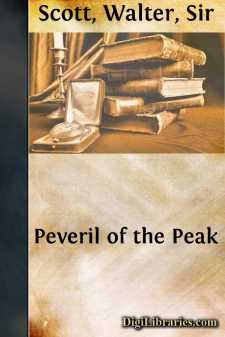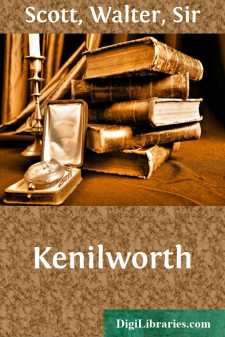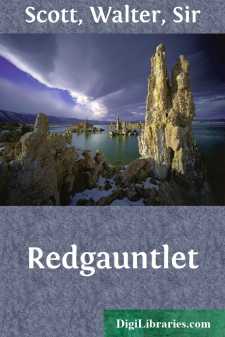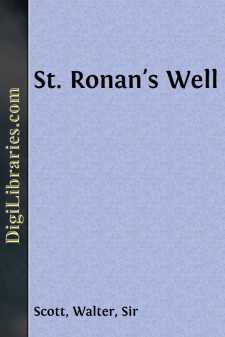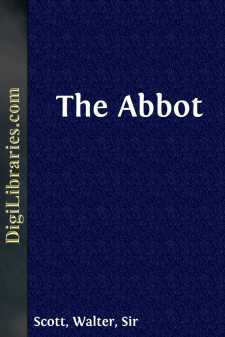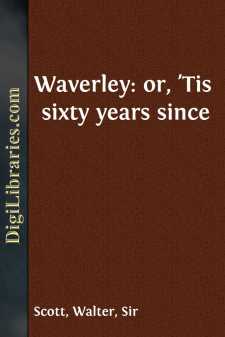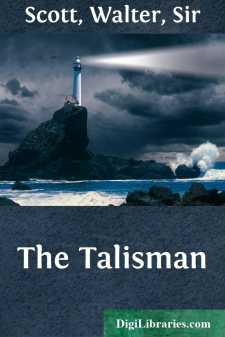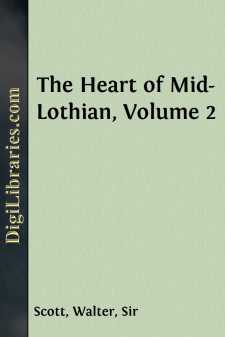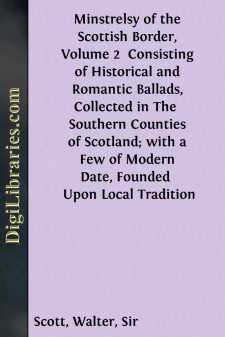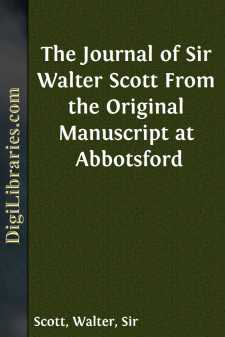Categories
- Antiques & Collectibles 13
- Architecture 36
- Art 48
- Bibles 22
- Biography & Autobiography 813
- Body, Mind & Spirit 142
- Business & Economics 28
- Children's Books 17
- Children's Fiction 14
- Computers 4
- Cooking 94
- Crafts & Hobbies 4
- Drama 346
- Education 46
- Family & Relationships 57
- Fiction 11829
- Games 19
- Gardening 17
- Health & Fitness 34
- History 1377
- House & Home 1
- Humor 147
- Juvenile Fiction 1873
- Juvenile Nonfiction 202
- Language Arts & Disciplines 88
- Law 16
- Literary Collections 686
- Literary Criticism 179
- Mathematics 13
- Medical 41
- Music 40
- Nature 179
- Non-Classifiable 1768
- Performing Arts 7
- Periodicals 1453
- Philosophy 64
- Photography 2
- Poetry 896
- Political Science 203
- Psychology 42
- Reference 154
- Religion 513
- Science 126
- Self-Help 84
- Social Science 81
- Sports & Recreation 34
- Study Aids 3
- Technology & Engineering 59
- Transportation 23
- Travel 463
- True Crime 29
Peveril of the Peak
by: Walter Scott
Categories:
Description:
Excerpt
CHAPTER I
When civil dudgeon first grew high,
And men fell out, they knew not why;
When foul words, jealousies, and fears,
Set folk together by the ears—
—BUTLER.
William, the Conqueror of England, was, or supposed himself to be, the father of a certain William Peveril, who attended him to the battle of Hastings, and there distinguished himself. The liberal-minded monarch, who assumed in his charters the veritable title of Gulielmus Bastardus, was not likely to let his son's illegitimacy be any bar to the course of his royal favour, when the laws of England were issued from the mouth of the Norman victor, and the lands of the Saxons were at his unlimited disposal. William Peveril obtained a liberal grant of property and lordships in Derbyshire, and became the erecter of that Gothic fortress, which, hanging over the mouth of the Devil's Cavern, so well known to tourists, gives the name of Castleton to the adjacent village.
From this feudal Baron, who chose his nest upon the principles on which an eagle selects her eyry, and built it in such a fashion as if he had intended it, as an Irishman said of the Martello towers, for the sole purpose of puzzling posterity, there was, or conceived themselves to be, descended (for their pedigree was rather hypothetical) an opulent family of knightly rank, in the same county of Derby. The great fief of Castleton, with its adjacent wastes and forests, and all the wonders which they contain, had been forfeited in King John's stormy days, by one William Peveril, and had been granted anew to the Lord Ferrers of that day. Yet this William's descendants, though no longer possessed of what they alleged to have been their original property, were long distinguished by the proud title of Peverils of the Peak, which served to mark their high descent and lofty pretensions.
In Charles the Second's time, the representative of this ancient family was Sir Geoffrey Peveril, a man who had many of the ordinary attributes of an old-fashioned country gentleman, and very few individual traits to distinguish him from the general portrait of that worthy class of mankind. He was proud of small advantages, angry at small disappointments, incapable of forming any resolution or opinion abstracted from his own prejudices—he was proud of his birth, lavish in his housekeeping, convivial with those kindred and acquaintances, who would allow his superiority in rank—contentious and quarrelsome with all that crossed his pretensions—kind to the poor, except when they plundered his game—a Royalist in his political opinions, and one who detested alike a Roundhead, a poacher, and a Presbyterian. In religion Sir Geoffrey was a high-churchman, of so exalted a strain that many thought he still nourished in private the Roman Catholic tenets, which his family had only renounced in his father's time, and that he had a dispensation for conforming in outward observances to the Protestant faith. There was at least such a scandal amongst the Puritans, and the influence which Sir Geoffrey Peveril certainly appeared to possess amongst the Catholic gentlemen of Derbyshire and Cheshire, seemed to give countenance to the rumour....


